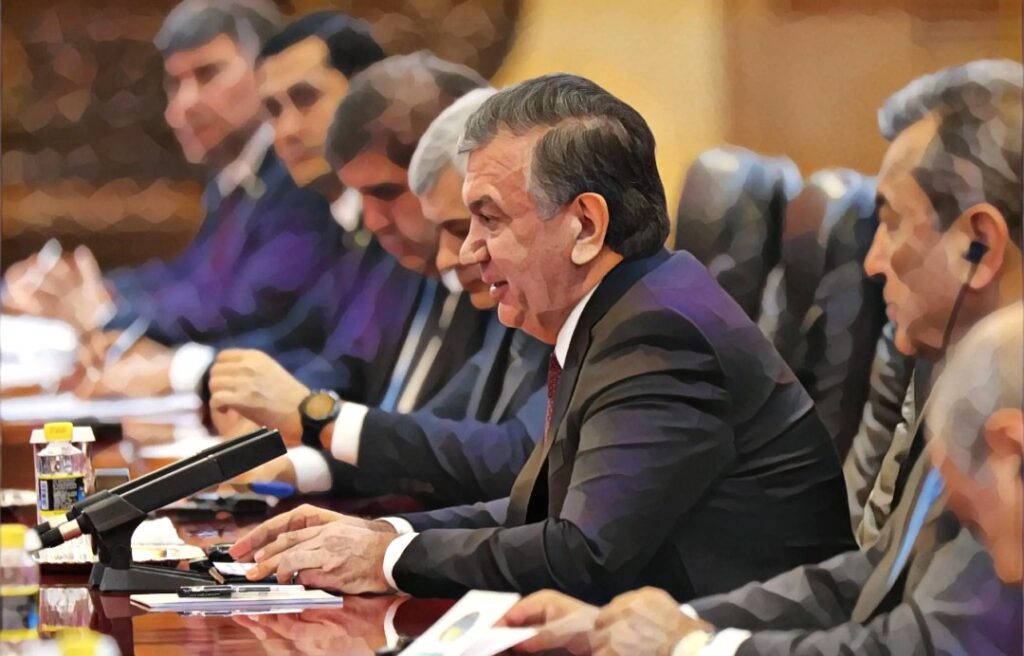BISHKEK (TCA) — The legislative reform process of the Justice system in the Kyrgyz Republic over the last years is truly impressive. A lot of efforts in the reform agenda as well as in the sector on access to justice have been undertaken by the state authorities with the support of international donors and organizations. While the pace of change is truly remarkable, the common citizen’s perception of the “rule of law” system remains still relatively poor leading to a so called “legal nihilism”. Indeed what is the sense of the reforms if the common citizen, the one for which the law is done, cannot still tangibly see the results?
A non-tangible rule of law also leads to a widespread system of corruption, issue which has been an unfortunate trademark of Central Asia and often hampering the development of very much needed foreign investments. However, much can be done and positive signs of development are already noticeable not only for statisticians but for all the citizens.
For the third year in a row, the Kyrgyz Republic has improved its ranking in the yearly corruption perception index performed by Transparency International. While the country in 2013 achieved the 150th place, this year it climbed up to the 123rd position. Still a long way to achieve excellence in this field but indeed a very positive trend.
This progress was achieved through a number of well-set reforms such as the improvement of the traffic police operations through the availability of portable terminals for paying fines for violations. Notably, public perception surveys consistently showed that this institution was at the top of the most corrupted ones with percentages well over 70%. Now, rather than going through the hassle of having their documents taken away, traffic violators can pay on the spot with their credit card. Additionally 25% of the collected sum goes back to the improvement of police forces facilities. As a result of this policy, traffic violations revenues have quadruplicated in the last year. A colleague recently told me that after being stopped by the police he was very happy to pay the fine with his credit card. He ironically stated that he had never been happier to pay a fine in his life… as all happened in a fast, legal and fully transparent procedure without any possibility of corruption.
Even more important enhancements are achieved through the creation of a database of debtors with the aim of improving the often lacking enforcement of pecuniary decisions. Through such database, for example, a father not paying alimonies to his former wife and children will be blocked at the border and not allowed to exit the country until he pays off his debt. Such phenomenon, for example is particularly relevant for combatting the trend of the non-enforceability of debts from migrant workers to Russia.
These are two positive examples, still not enough to overcome the trend of lack of effective justice institutions perceived by the citizens and mostly felt to the most vulnerable groups such as disabled people, women and children. However they show a positive trend that will need to be accompanied by a very much needed support to the overall implementation of laws mechanism, a structure requiring the effective cooperation of various authorities of the state in the respect of their constitutional prerogatives. Overall it is clear that in Kyrgyzstan there is still a long work although we notice a positive trend to be supported step by step.
* Lucio Valerio Sarandrea is Chief Technical Adviser on Rule Law, UNDP Kyrgyzstan









